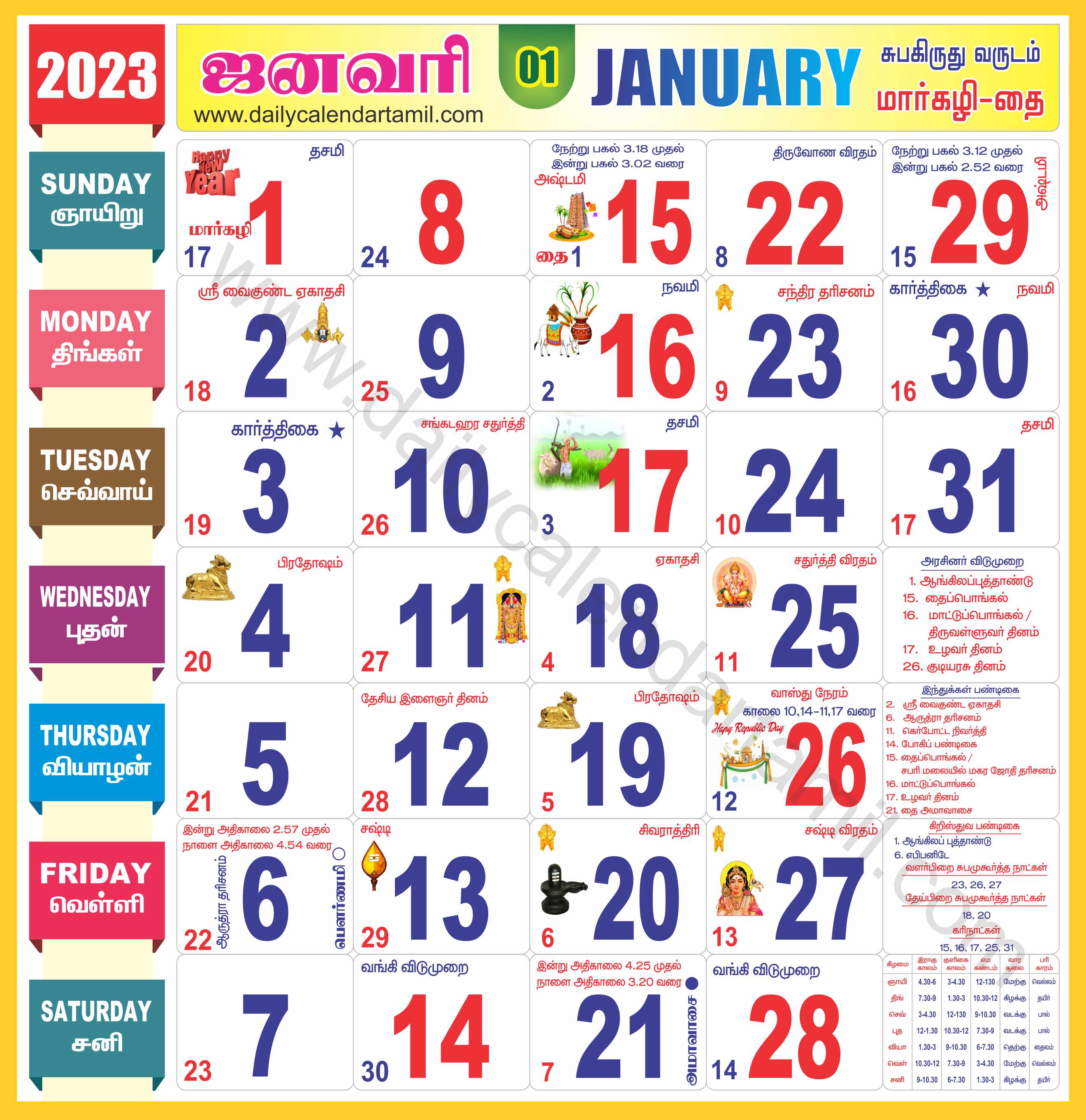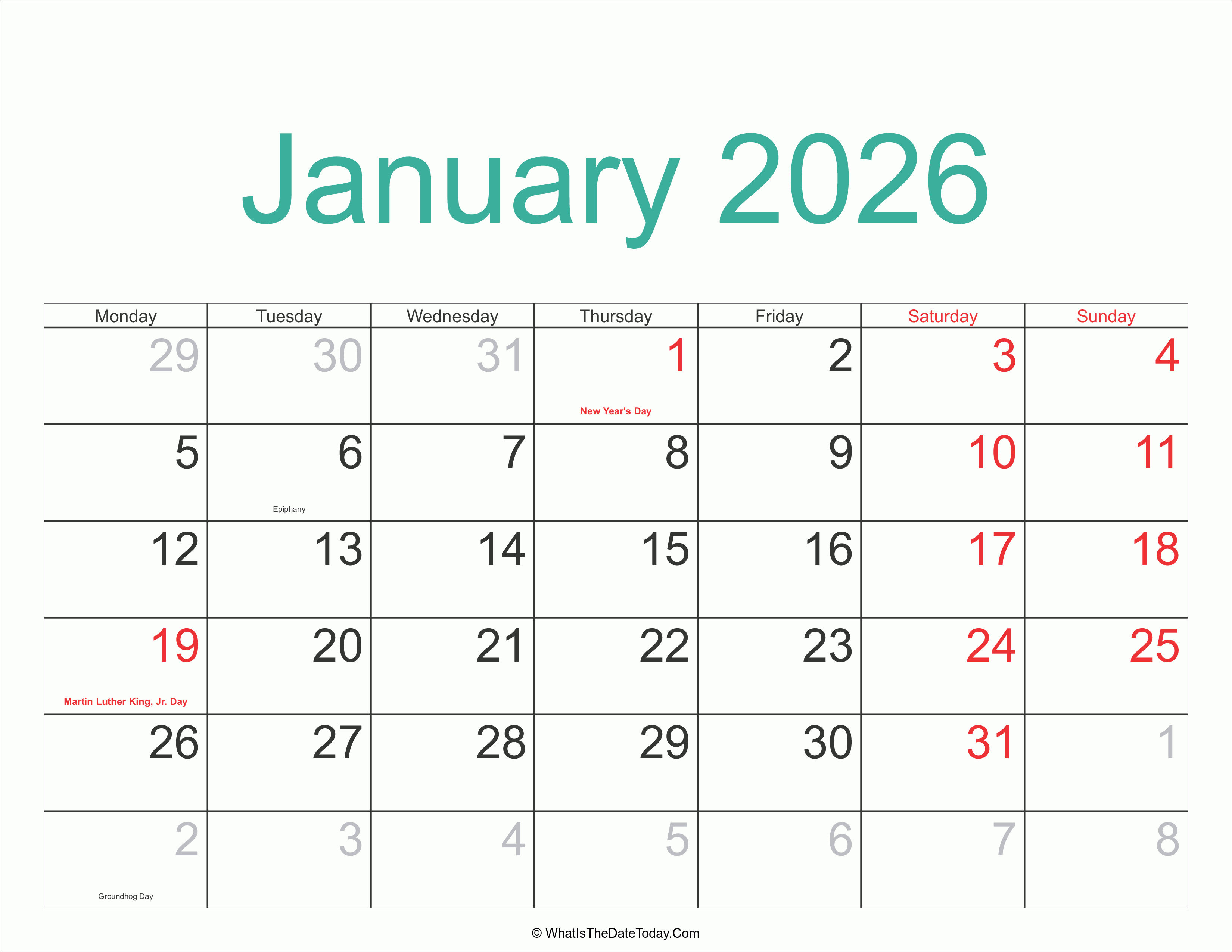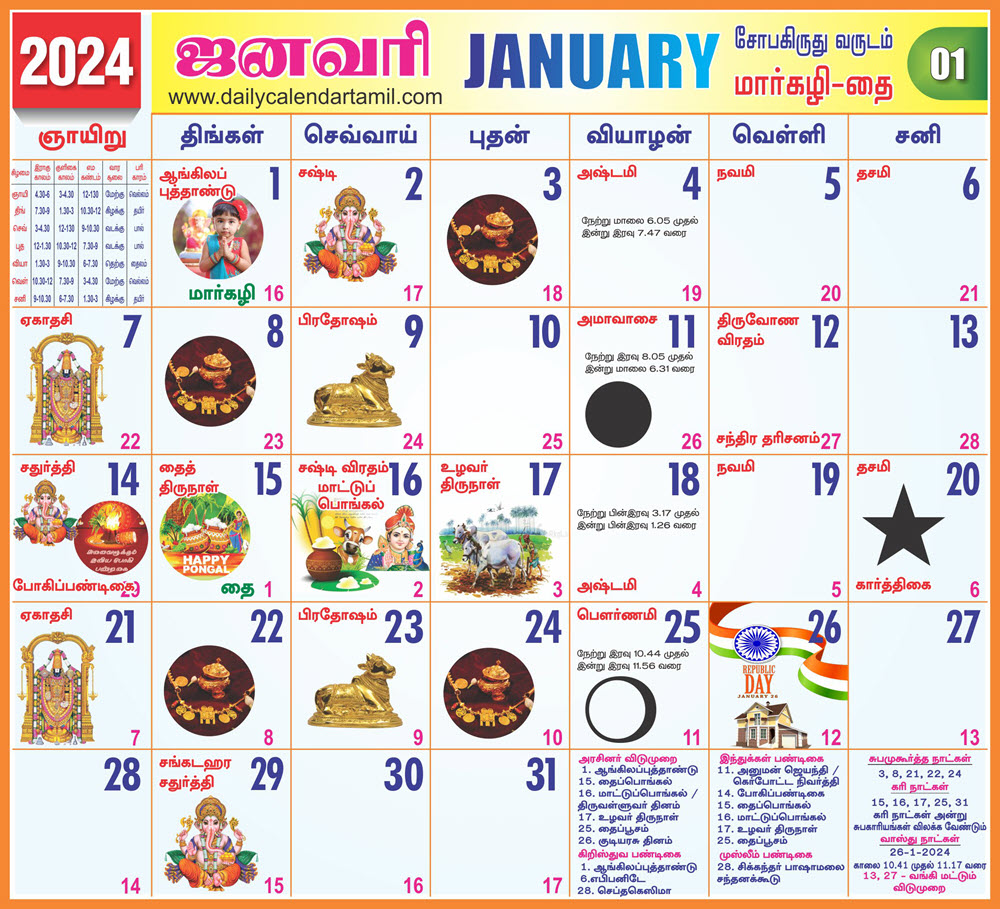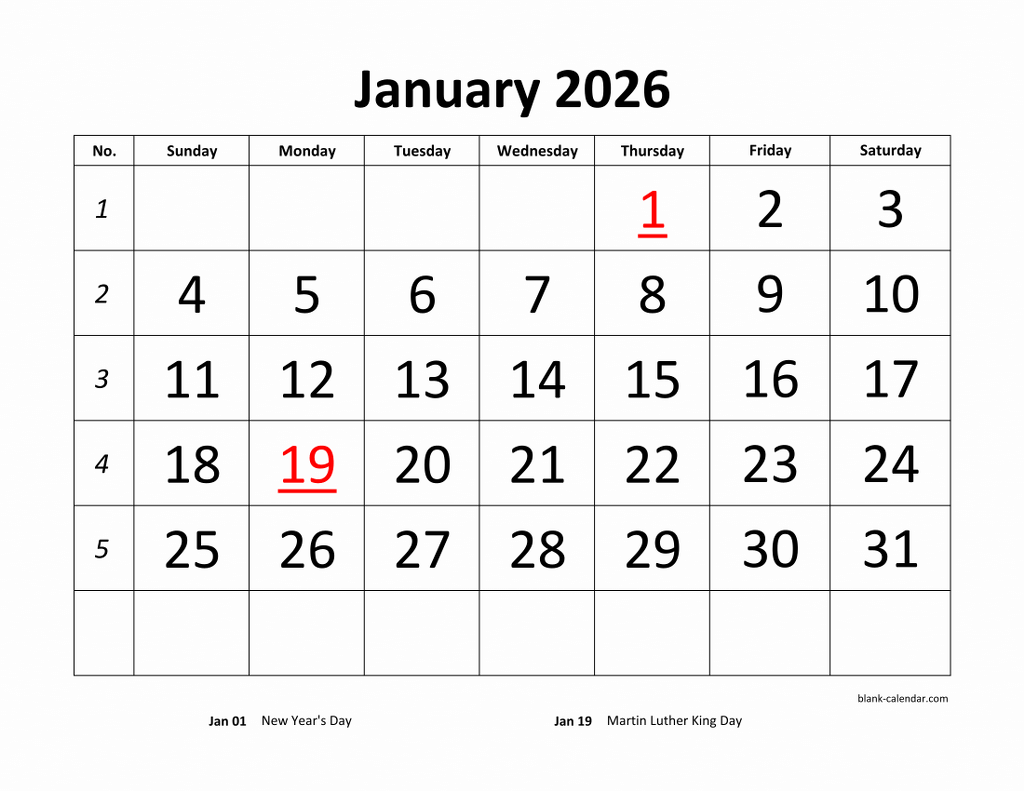
january 2026 calendar with holidays tamil represents a significant subject within its field, encompassing a range of practices, traditions, or applications that shape daily life and broader cultural or professional landscapes. Understanding this calendar provides clarity about its background, its present relevance, and the way it continues to influence various aspects of society.
Definition and Origin of the Tamil Calendar System
The Tamil calendar, known as the Panchangam, is a lunisolar calendar traditionally used by Tamil people in Tamil Nadu, Puducherry, Sri Lanka, Malaysia, Singapore, and other regions with significant Tamil diaspora. Its origins are deeply rooted in ancient astronomical observations and Vedic traditions, making it one of the oldest continually used calendrical systems in the world. The calendar divides the year into twelve months, each beginning with the sun’s transit into a specific zodiac sign. Unlike purely lunar or solar calendars, the Tamil system harmonizes both celestial cycles, ensuring that festivals and auspicious dates align with both lunar phases and seasonal changes.
January 2026, according to the Gregorian calendar, largely corresponds to the Tamil month of Thai (தை). The month of Thai typically begins around mid-January and is considered highly auspicious, marking the start of a new agricultural cycle and a period of prosperity. The transition from the month of Margazhi (மார்கழி) to Thai is particularly significant, as Margazhi is a month of spiritual devotion and austerity, while Thai ushers in celebrations and harvest festivities.
The most prominent holiday within January 2026 for Tamil communities is Pongal. This multi-day harvest festival is a cornerstone of Tamil culture, expressing gratitude to the Sun God (Surya), Mother Nature, and farm animals for a bountiful harvest. The dates for Pongal in 2026 are as follows:
- Thai Pongal (பொங்கல்): Wednesday, January 14, 2026. This is the main day of celebration, dedicated to the Sun God. Families prepare Pongal, a dish of newly harvested rice boiled with milk and jaggery, and offer it to the sun.
- Maattu Pongal (மாட்டுப் பொங்கல்): Thursday, January 15, 2026. This day is dedicated to cattle, which play a vital role in agriculture. Cows and bulls are bathed, adorned with paint and garlands, and worshipped for their contribution to farming.
- Kaanum Pongal (காணும் பொங்கல்): Friday, January 16, 2026. This day is for family reunions and social gatherings. People visit relatives and friends, exchange greetings, and participate in community events.
Beyond Pongal, the calendar also marks other significant days based on lunar phases and planetary positions, such as Amavasai (New Moon), Pournami (Full Moon), Ekadasi (eleventh day of the lunar fortnight), and Pradosham (a specific period before sunset on the thirteenth day of a lunar fortnight), which are observed for spiritual practices and fasting.
Importance of the Tamil Calendar Today
The enduring importance of this calendar system extends far beyond mere date-keeping; it serves as a vital framework for cultural identity, religious observance, and social cohesion within Tamil communities globally. For millions, it is not just a chronological tool but a living repository of tradition and heritage.
Firstly, the calendar acts as a cornerstone of cultural identity. It dictates the timing of festivals, which are pivotal in reinforcing Tamil language, customs, and arts. These celebrations provide a collective experience that binds communities, both in their homeland and in the diaspora, ensuring that unique cultural practices are passed down through generations. The narratives and rituals associated with each festival teach younger generations about their history, values, and ancestral roots.
Secondly, its role in religious observance is paramount. The calendar guides temple festivals, auspicious times for specific prayers (pujas), fasting days, and the timing of significant life events such as weddings, housewarmings, and naming ceremonies. Astrologers and priests rely on its precise calculations to determine propitious moments, influencing personal decisions and spiritual practices. The observance of days like Amavasai or Ekadasi, for instance, is deeply integrated into the spiritual routines of many individuals, fostering a disciplined approach to devotion.
Thirdly, the calendar holds agricultural significance, particularly evident in the celebration of Pongal. As a harvest festival, it underscores the deep connection between Tamil culture and agrarian life. It is a period of gratitude for the land’s bounty, the sun’s energy, and the labor of farm animals. This connection to nature and the cycles of cultivation remains relevant even in urbanized settings, symbolizing prosperity and renewal.
Finally, the calendar fosters family and community cohesion. Festivals are inherently social occasions, characterized by family reunions, communal feasts, exchange of gifts, and participation in cultural performances. These gatherings strengthen familial bonds and reinforce community ties, providing opportunities for collective celebration and mutual support. In a rapidly globalizing world, these shared experiences are crucial for maintaining a sense of belonging and continuity.
Benefits of the Tamil Calendar System
The systematic use of this calendar offers a multitude of benefits, contributing to the cultural, spiritual, and social well-being of Tamil communities.
One primary benefit is the preservation of heritage. The calendar is a conduit for transmitting ancient astronomical knowledge, traditional customs, and cultural narratives across generations. By adhering to its cycle, communities actively participate in and safeguard their unique heritage, preventing the erosion of age-old practices in the face of modernization.
Another significant advantage is structured observance. The calendar provides a clear and predictable framework for religious and cultural duties. This structure allows individuals and institutions to plan their spiritual practices, temple events, and family gatherings well in advance, ensuring that important observances are not missed and are conducted with due reverence and preparation.
The system also greatly contributes to community engagement. Shared festivals and auspicious days foster a strong sense of belonging and collective celebration. When an entire community observes a particular day, it reinforces solidarity and provides opportunities for communal interaction, support, and the sharing of cultural experiences. This collective participation strengthens social bonds and cultural identity.
Furthermore, the calendar offers spiritual enrichment. The marking of specific days for fasting, prayer, and reflection encourages introspection and devotion. These periods provide individuals with opportunities to deepen their spiritual understanding, practice gratitude, and seek blessings, thereby contributing to their personal spiritual growth and well-being.
There is also considerable educational value. Through the stories, rituals, and significance attached to each date, younger generations learn about their cultural roots, ethical values, and the historical context of their traditions. This informal education is vital for cultural literacy and for instilling a sense of pride in one’s heritage.
Finally, the calendar aids in time management for many individuals. While often used in conjunction with the Gregorian calendar, awareness of its key dates helps in planning personal and professional schedules, allowing for the integration of cultural and religious observances without undue conflict.
Applications of the Tamil Calendar System
The practical applications of this calendar system are diverse, permeating various aspects of daily life, religious practice, and community organization within Tamil society.
At a personal level, individuals frequently consult the calendar for scheduling. This includes identifying auspicious days (muhurtham) for significant life events such as weddings, engagements, housewarming ceremonies, or starting new ventures. Many also use it to plan personal spiritual practices, including fasting on Ekadasi or observing specific prayers on Pradosham.
Religious institutions, particularly Hindu temples, are heavily reliant on the calendar. It dictates the timing of daily rituals, weekly pujas, monthly special prayers, and annual grand festivals (Brahmotsavam). The entire liturgical cycle of a temple is meticulously planned according to the calendar’s calculations, ensuring adherence to scriptural guidelines and traditional practices.
Cultural organizations and community groups utilize the calendar to plan and execute cultural events, performances, and educational workshops. These events often coincide with major festivals, providing platforms for showcasing traditional arts, music, and dance, and for fostering community participation. This helps in keeping cultural traditions vibrant and accessible.
For family gatherings, the calendar is indispensable. Major holidays like Pongal are prime occasions for families to reunite, share meals, and participate in collective celebrations. The calendar helps families coordinate these gatherings, ensuring that loved ones can come together to observe traditions and strengthen familial bonds.
In regions with significant Tamil populations, academic and professional calendars often take these holidays into account. While the Gregorian calendar remains standard for official purposes, awareness of these dates is crucial for employers and educational institutions to accommodate the cultural and religious needs of their Tamil employees and students, often leading to designated public holidays.
Furthermore, the underlying astronomical principles of the calendar are fundamental to Tamil astrology and horoscopes. Astrologers use the calendar’s intricate calculations of planetary positions and lunar phases to generate birth charts, provide predictions, and offer guidance on auspicious timings for various life decisions.
Challenges and Future of the Tamil Calendar System
Despite its deep-rooted significance, the continued relevance and integration of the Tamil calendar system face several challenges in the modern world, while also presenting opportunities for future adaptation and growth.
One significant challenge is the conflict with modern work schedules. In a globalized economy, the standardized Gregorian calendar often dictates professional and academic life. This can make it difficult for individuals to observe traditional holidays and rituals, especially when they do not align with official public holidays, leading to a balancing act between cultural duty and professional obligations.
Another hurdle is integration within the diaspora. Tamil communities living outside their traditional homelands often find it challenging to maintain the full spectrum of calendar-based observances. The absence of a supportive cultural ecosystem, coupled with differing national holidays, can lead to a gradual dilution of traditional practices among younger generations.
The digitalization of information presents both a challenge and an opportunity. While traditional Panchangam books are still used, there is a growing demand for accurate, accessible digital versions and mobile applications. Ensuring the authenticity and reliability of these digital tools, especially given variations in calendar calculations, is crucial.
There is also a concern about the erosion of traditional knowledge. Younger generations, often educated in secular systems, may have less understanding of the intricate astronomical and cultural significance behind the calendar’s calculations. This can lead to a superficial observance of holidays without a deeper appreciation of their meaning.
Furthermore, standardization issues can arise. Different religious bodies or regional traditions may have slight variations in their calendar calculations, leading to minor discrepancies in holiday dates. This can sometimes cause confusion within the community regarding the exact timing of observances.
Looking to the future, the calendar system is likely to see increased digital integration. User-friendly apps and online resources that provide accurate dates, auspicious times, and explanations of festivals will become more prevalent, making the calendar accessible to a wider audience, especially the diaspora. Educational initiatives will be vital to bridge the knowledge gap, perhaps through online courses, cultural workshops, and community programs that explain the scientific and cultural underpinnings of the calendar. There is also potential for wider recognition of cultural holidays on an international scale, fostering greater understanding and accommodation in multicultural societies. Ultimately, the future of the calendar lies in its ability to adapt to modern lifestyles while steadfastly preserving its core traditions and values, ensuring its enduring role as a guide for cultural and spiritual life.
FAQs about the Tamil Calendar System
Q1: What is january 2026 calendar with holidays tamil?
The January 2026 calendar, when viewed through the Tamil calendrical system, primarily encompasses the Tamil month of Thai. It is significant for the celebration of Pongal, a major harvest festival observed over three days: Thai Pongal on January 14, Maattu Pongal on January 15, and Kaanum Pongal on January 16. It also includes other auspicious days based on lunar phases.
Q2: Why is the Tamil calendar important?
This calendar is important because it serves as a cornerstone of Tamil cultural identity, guiding religious observances, agricultural practices, and social gatherings. It helps preserve ancient traditions, fosters community cohesion, and provides a framework for spiritual practices, connecting individuals to their heritage.
Q3: What are the main benefits of the Tamil calendar?
The main benefits include the preservation of Tamil heritage and traditional knowledge, providing a structured framework for religious and cultural observances, fostering strong community engagement, offering opportunities for spiritual enrichment, and providing educational value to younger generations about their roots and customs.
Q4: How can the Tamil calendar be applied in daily life?
In daily life, the calendar is applied for personal scheduling of auspicious events like weddings or new ventures, guiding religious rituals in temples, planning family gatherings and community cultural events, and informing academic and professional schedules in regions with significant Tamil populations. It also underpins Tamil astrological practices.
Q5: What challenges are associated with the Tamil calendar?
Challenges include conflicts with modern work and academic schedules, difficulties for diaspora communities in maintaining traditions, the need for accurate digital integration, the potential erosion of traditional knowledge among younger generations, and minor variations in calendar calculations across different regions or religious bodies.
Tips for Engaging with the Tamil Calendar System
Engaging with this ancient and rich calendrical system can significantly enhance one’s connection to Tamil culture and spirituality. Adopting a thoughtful approach can maximize its benefits.
Understand the fundamentals. Take time to learn about the basic structure of the Tamil calendar, including its twelve months, the significance of lunar phases (Amavasai, Pournami), and the cultural or religious meaning behind major festivals like Pongal. This foundational knowledge deepens appreciation beyond mere date recognition.
Focus on practical use. Integrate the calendar into personal and family planning. Mark key holidays and auspicious days for family gatherings, spiritual observances, or personal milestones. This practical application makes the calendar a living part of daily life rather than just an abstract concept.
Stay updated on new trends or research. While the calendar is ancient, its presentation and accessibility evolve. Utilize reliable digital tools, mobile applications, and online resources that provide accurate dates and cultural insights. Be discerning about sources to ensure the information is credible and reflects established traditions.
Avoid common mistakes. Be aware that slight regional variations in calendar calculations can exist. Consult authoritative sources, local temple Panchangams, or respected community elders to confirm specific dates for your region or lineage. This helps prevent confusion and ensures proper observance.
Adopt a long-term approach. Encourage intergenerational learning by sharing stories and traditions associated with each festival with younger family members. Actively participate in community cultural events and temple observances. This continuous engagement ensures the calendar’s relevance and the preservation of its heritage for future generations.
Conclusion about the Tamil Calendar System
The January 2026 calendar with holidays for Tamil communities represents a significant and enduring framework that continues to shape daily life and broader cultural landscapes. Its deep roots in ancient astronomical wisdom and spiritual traditions underscore its continuing importance. The system reinforces cultural identity, guides religious observances, and fosters strong community bonds, particularly through celebrations like Pongal. Understanding this calendar provides invaluable clarity about its historical background, its present relevance, and its profound influence on various aspects of society. While challenges exist, primarily stemming from the integration of traditional practices into modern globalized contexts, the inherent benefits of the calendar—including the preservation of heritage, spiritual enrichment, and community cohesion—far outweigh these difficulties. The Tamil calendar system remains a central element of cultural continuity and progress, ensuring its relevance and significance well into the future.







Leave a Reply